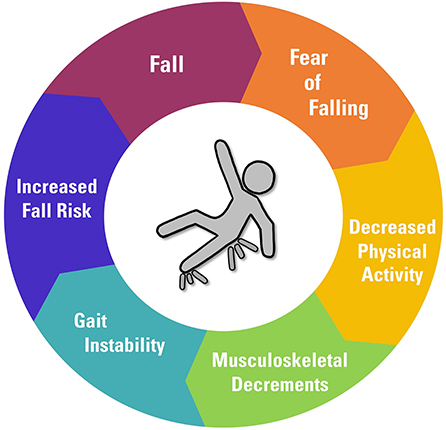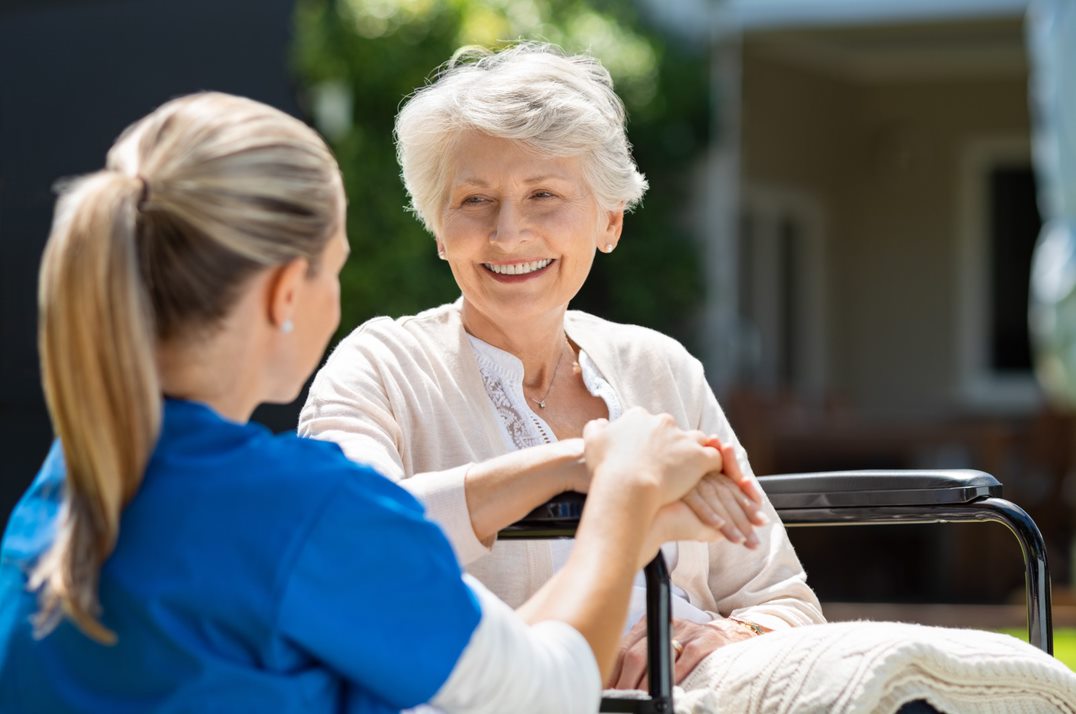4 Simple Techniques For Dementia Fall Risk
4 Simple Techniques For Dementia Fall Risk
Blog Article
The Buzz on Dementia Fall Risk
Table of ContentsDementia Fall Risk - TruthsGetting My Dementia Fall Risk To WorkExamine This Report on Dementia Fall RiskDementia Fall Risk Things To Know Before You Get ThisDementia Fall Risk Fundamentals Explained
The FRAT has three areas: fall threat status, risk variable checklist, and action plan. A Fall Danger Status includes information concerning history of recent drops, medications, psychological and cognitive condition of the person - Dementia Fall Risk.If the individual scores on a risk factor, the corresponding number of factors are counted to the individual's fall threat score in the box to the much. If an individual's loss risk score completes five or higher, the individual goes to high risk for falls. If the client scores just 4 factors or reduced, they are still at some danger of dropping, and the registered nurse should use their finest scientific evaluation to handle all loss risk factors as part of an all natural treatment strategy.
These standard techniques, in basic, aid establish a risk-free atmosphere that minimizes unintentional falls and defines core preventative procedures for all patients. Indications are essential for clients at threat for falls.
Rumored Buzz on Dementia Fall Risk
Wristbands need to consist of the patient's last and first name, date of birth, and NHS number in the UK. Just red shade needs to be used to indicate unique client condition.
Products that are too much might require the client to reach out or ambulate unnecessarily and can possibly be a hazard or add to drops. Aids avoid the client from going out of bed with no aid. Nurses respond to fallers' telephone call lights more swiftly than they do to lights initiated by non-fallers.
Aesthetic problems can greatly create drops. Maintaining the beds closer to the floor lowers the threat of falls and major injury. Putting the mattress on the flooring dramatically minimizes autumn threat in some medical care setups.
What Does Dementia Fall Risk Mean?
Clients that are high and with weak leg muscles that try to rest on the bed from a standing placement are most likely to fall onto the bed due to the fact that it's also reduced for them to reduce themselves securely. Additionally, if a tall person efforts to rise from a low bed without support, the individual is likely to drop back down onto the bed or miss out on the bed and drop onto the floor.
They're designed to promote prompt rescue, not to prevent drops from bed. Apart from bed alarms, increased this guidance for risky people likewise may help stop drops.

Clients with an evasion gait increase loss possibilities dramatically. To decrease loss danger, footwear need to be with a little to no heel, thin soles with slip-resistant step, and support the ankles.
8 Easy Facts About Dementia Fall Risk Described
Individuals, specifically older adults, have reduced aesthetic ability. Illumination an unknown atmosphere aids increase presence if the patient have to stand up in the evening. In a research, homes with appropriate illumination record fewer drops (Ramulu et al., 2021). Renovation in lights at home might decrease loss rates in older grownups (Dementia Fall Risk). Using stride belts by all healthcare service providers can advertise security when assisting patients with transfers from bed to chair.

Sitters work for guaranteeing a safe and secure, safeguarded, and safe environment. Nevertheless, research studies demonstrated extremely low-certainty proof that caretakers lower loss risk in acute care hospitals and only moderate-certainty that alternatives like video monitoring can decrease caretaker usage without raising autumn danger, suggesting that sitters great site are not as valuable as at first believed (Greely et al., 2020).
The Of Dementia Fall Risk

Increased physical conditioning lowers the risk for drops and limits injury that is sustained when loss takes place. Land and water-based exercise programs might be similarly advantageous on balance and stride and thus lower the risk for drops. Water workout may add a favorable advantage on equilibrium and stride for females 65 years and older.
Chair Surge Workout is a basic sit-to-stand workout that aids strengthen the muscles in the thighs and buttocks and boosts movement and independence. The objective is to do Chair Rise exercises without utilizing hands as the customer comes to be more powerful. See resources section for a detailed instruction on just how to perform Chair Increase exercise.
Report this page